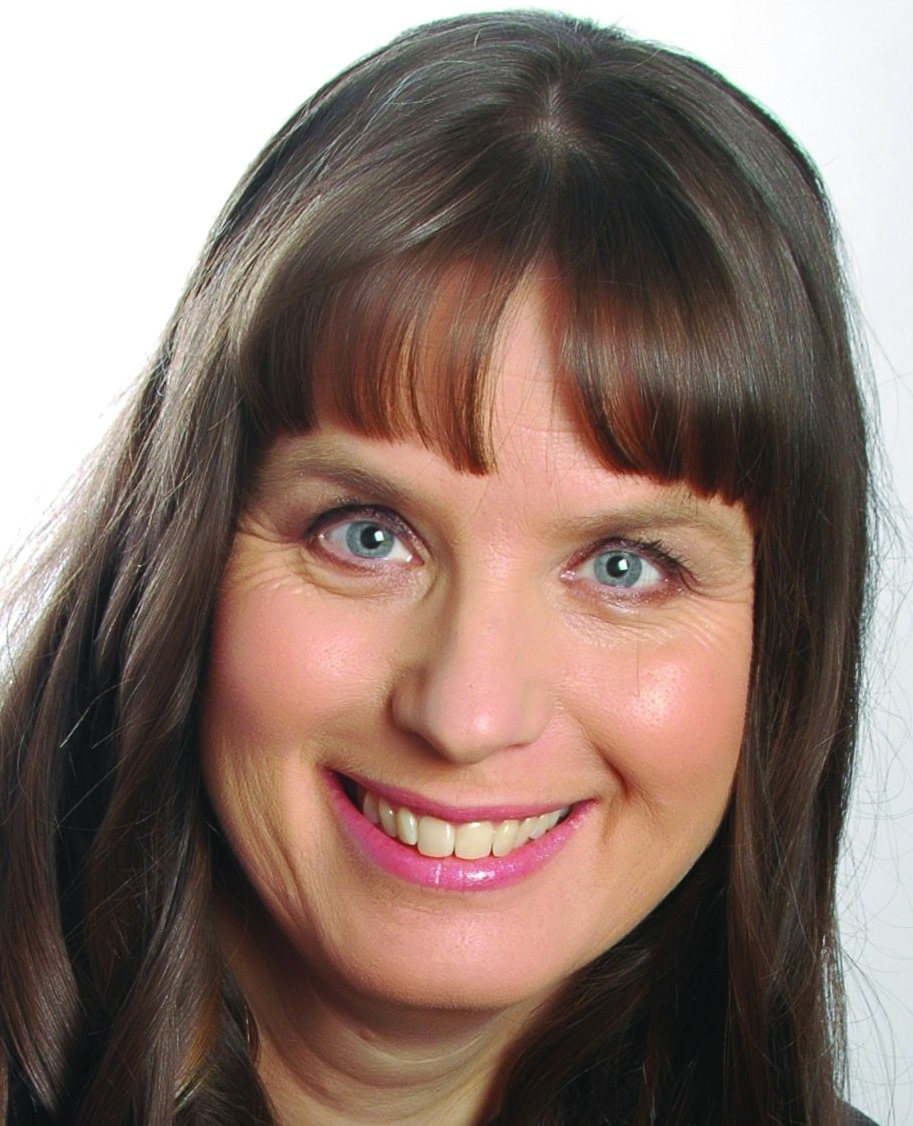I loved aviation – particularly the technical side of it, but also the thrill of flying. However, after hearing how shortcomings in the way information was presented contributed to the Challenger space shuttle explosion, I decided I could make more of a difference by sticking to my career in technical training and information management than by flying a plane every day.
I built up a company developing training materials and designing business processes until there were about 40 of us. In 1988, I was approached by IBM and offered a contract in New Zealand to run the business process stream of the privatisation of the national telecom company. For me that was an incredibly exciting opportunity so I agreed to go.
The funny thing was, I just let my original company wind down. There were lots of people there, we’d had lots of fun, and I just said, ‘See you later.’ I had no business school training and I didn’t realise the company had an asset value. Being in my twenties and loving what I did, I was more interested in doing cool projects than in making money.
I’m more savvy now. Working with clients in a lot of different sectors, you quickly tune in to how big business works – strategy, product development, intellectual property (IP) protection, risk management. Having done all of that for other people, we’ve had a long hard look at ourselves at Sysdoc and applied that knowledge to make sure the cobblers’ children have shoes.
Vital knowledge
Having said that, we haven’t got everything right. If I were starting a new company now, I would protect all of our IP before I started, not three to five years later. That’s a big challenge for early-stage companies because they don’t have the cash, but I would rather borrow the money to do it early in the game. As it was, we had to go through a rather painful process, taking an organisation that had breached our copyright and our IP through the court system at a huge cost in both time and money. We stuck with it for three years and won the case.
Another thing I’d do differently with the knowledge I have now is outsource non-core activities a few years earlier. A lot of growing businesses make this mistake. The chief executive is the tea person, the photocopier assistant, the chief salesperson, the chief technology officer and the chief consultant.
After we decided to focus on what we do well, we were a lot more effective. For example, when we worked in Kazakhstan recently, we hired legal and tax experts to make sure we were fully compliant.
Just like starting over
I’ve been an entrepreneur for 20 years, and although there have been tough times, you start to get a sense that everything you touch turns to gold. That’s why it’s good sometimes to relearn what you think you know.
Three years ago, I came back from New Zealand to the UK to expand our existing business here. I was full of confidence, having built successful businesses in Australia and New Zealand, and after all I’d worked in the UK before. But I was surprised to find it really hard work. Things had changed, people had changed, I had a Kiwi accent and it was like I was the outsider coming in. When entering a new market, you have to relearn the things you knew in the early days and build networks from scratch. In fact, it felt like going back to square one.
I would recommend it to anyone – although I certainly wouldn’t have said that if you’d talked to me in the first year. It re-energises you and makes you think about business in a different way.





